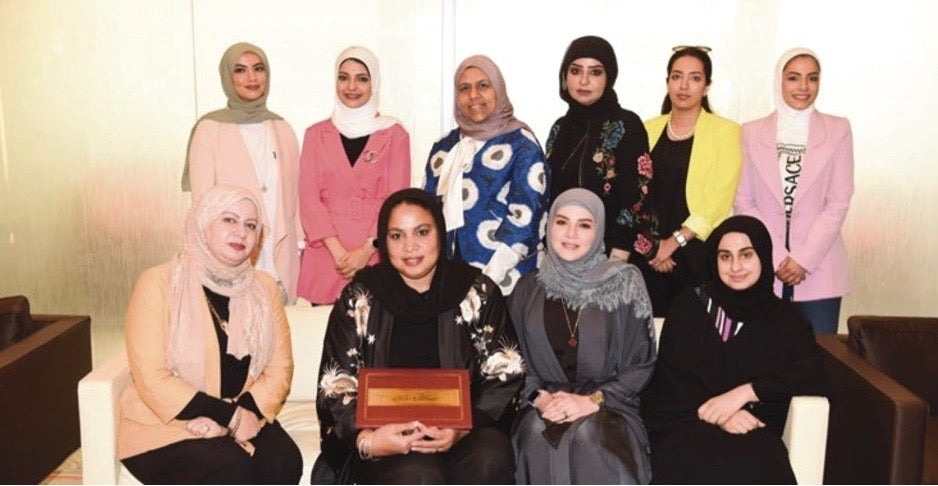In the fall of 2019, Dr. Ayanna Cooper served as an English Language Specialist for the Kuwaiti Ministry of Education. She spent four weeks reviewing and providing recommendations for the national English curriculum for grades 10–12. This unique opportunity to work with Kuwaiti peers and students broadened her worldview more than any prior professional experience. Her experience affirms the importance of minority leaders in the TESOL profession to be able to contribute to the field both domestically and internationally.
International Opportunities through Curriculum Reform
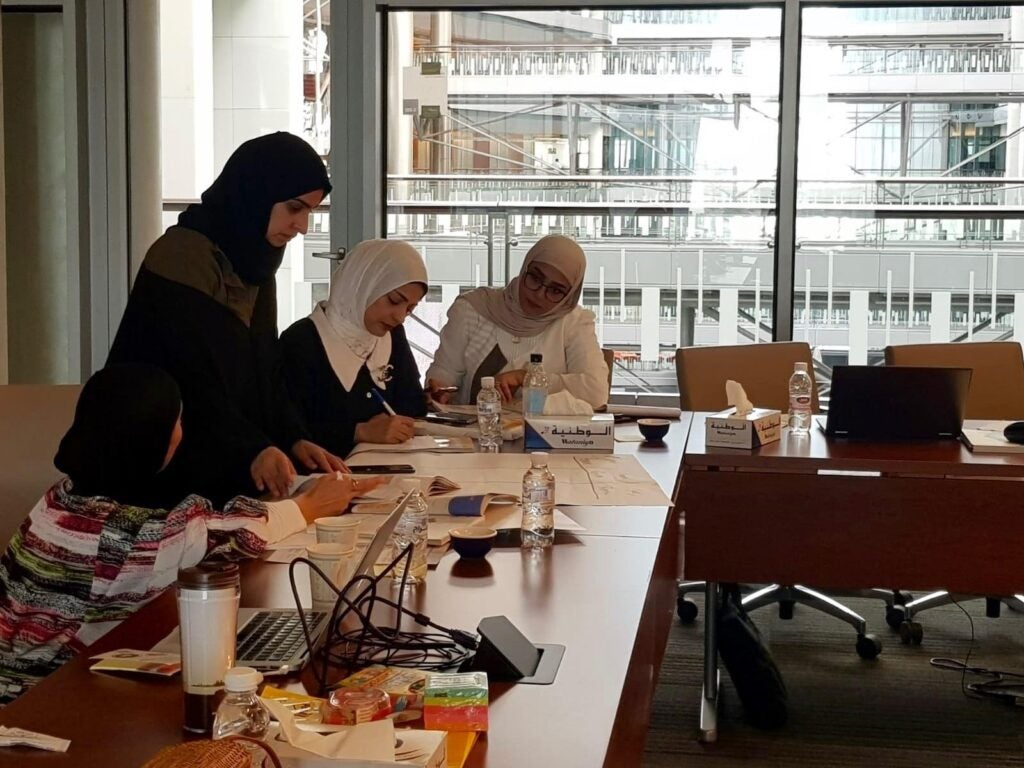
In Salmiya, Cooper took part in a curriculum committee created by the Kuwaiti Ministry of Education. With the Kuwaiti members of the committee, she reviewed materials and resources, visited numerous classrooms, and had conversations with dozens of English educators to provide insight into the alignment of the English curriculum for grades 10-12. Cooper’s final recommendations focused on creating more student-centered classrooms and contextualized materials, using authentic literature, and encouraging students to write across a wide variety of genres. She learned that some Kuwaiti students go to the U.S. for further studies, and knowing their needs in both Kuwait and the U.S. informed the suggestions she made for curriculum change. Connecting formally and informally with educators in a culture very different from her own, Cooper was able to understand the students’ and educators’ contexts, making well-informed crucial recommendations.
Connections beyond Expectations
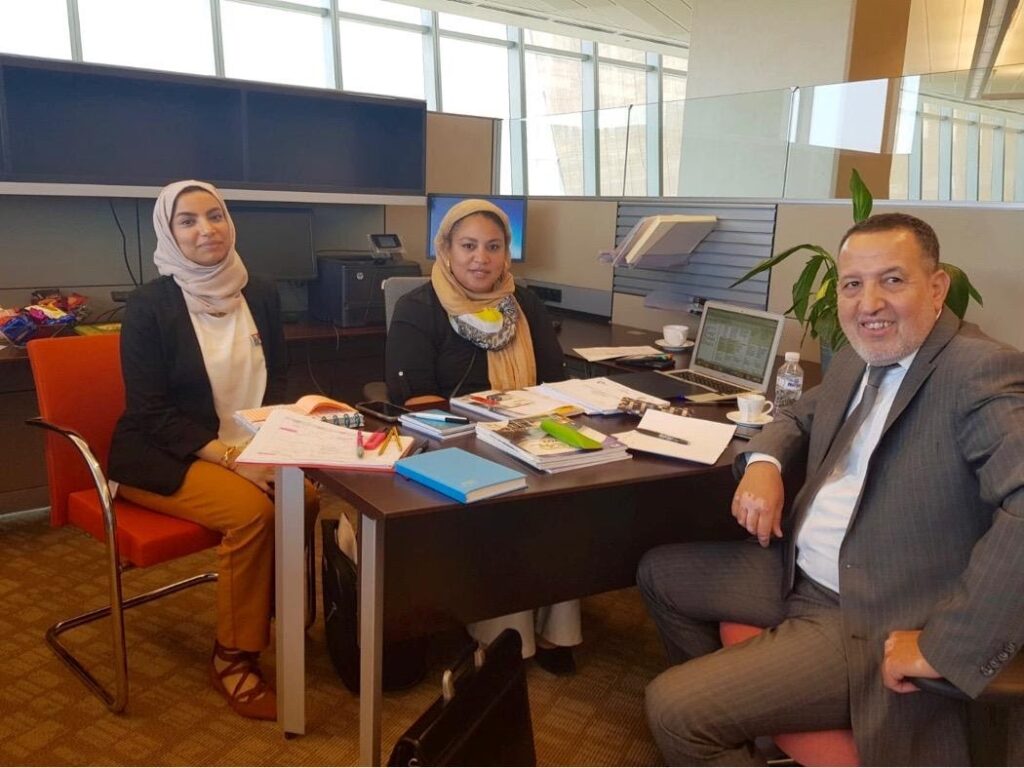
Cooper was thrilled for this opportunity to have new experiences outside of her comfort zone. She was touched that she was invited to the homes of her Kuwaiti colleagues to share home cooked meals. “For them, it was another way to have a conversation about U.S. culture that you cannot find in textbooks. They wanted to talk and engage, and I am grateful I was able to do so.”
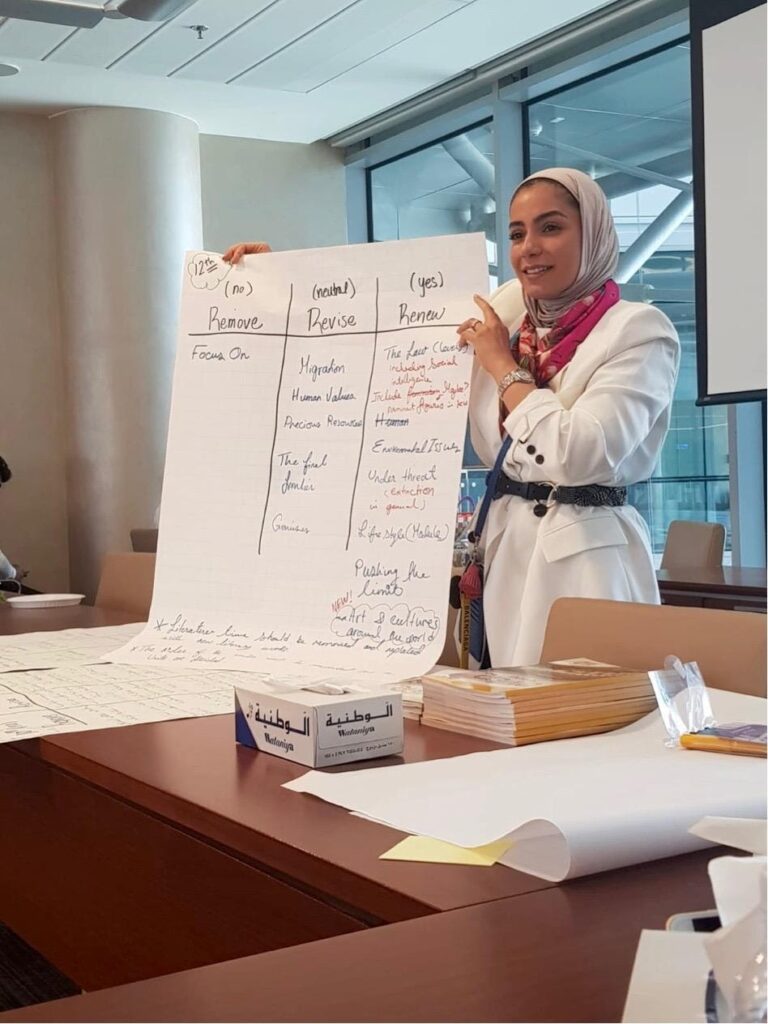
For Cooper, it was surreal having this experience in a place so different from home, and then, thanks to Facetime, immediately sharing it with family back in the States. She left Kuwait with a suitcase full of gifts, and once home, she sent books to her new colleagues to thank them for sharing their culture so whole-heartedly. A few months later, when she sent WhatsApp messages to wish them a blessed Ramadan, Cooper was delighted to receive photos of the celebration from various Kuwaiti colleagues. The communication, the care, and the mutual appreciation continue to this day, and have extended to Cooper’s communities in the U.S. She was honored to share her experience as a Specialist at a department meeting at Kennesaw State University, where she teaches as a part-time faculty member. She concluded that “you can’t participate in a Specialist project and not have your work and life impacted by it.”
Advice from a Social Justice Advocate in TESOL
Back in the U.S., Cooper serves on the Board of Directors for TESOL International Association and is a prolific contributor to the TESOL International Association blog where she advocates for social justice in education. Despite her impressive and extensive expertise, Cooper “didn’t think she fit the profile” when she inquired about the English Language Specialist Program at the TESOL International Association Convention in Atlanta, Georgia, in March 2019. As a Black American she didn’t see many people like herself in the brochures, and she had very little international work experience except as a one-time keynote Speaker at Africa TESOL in Nigeria. She reflected that “working abroad is in itself a privilege.” She was far from confident she would be matched to a project, even though she was convinced that she had a strong skill set. But less than two months after applying, she was on her way to Salmiya for one of the most impactful professional experiences of her life.
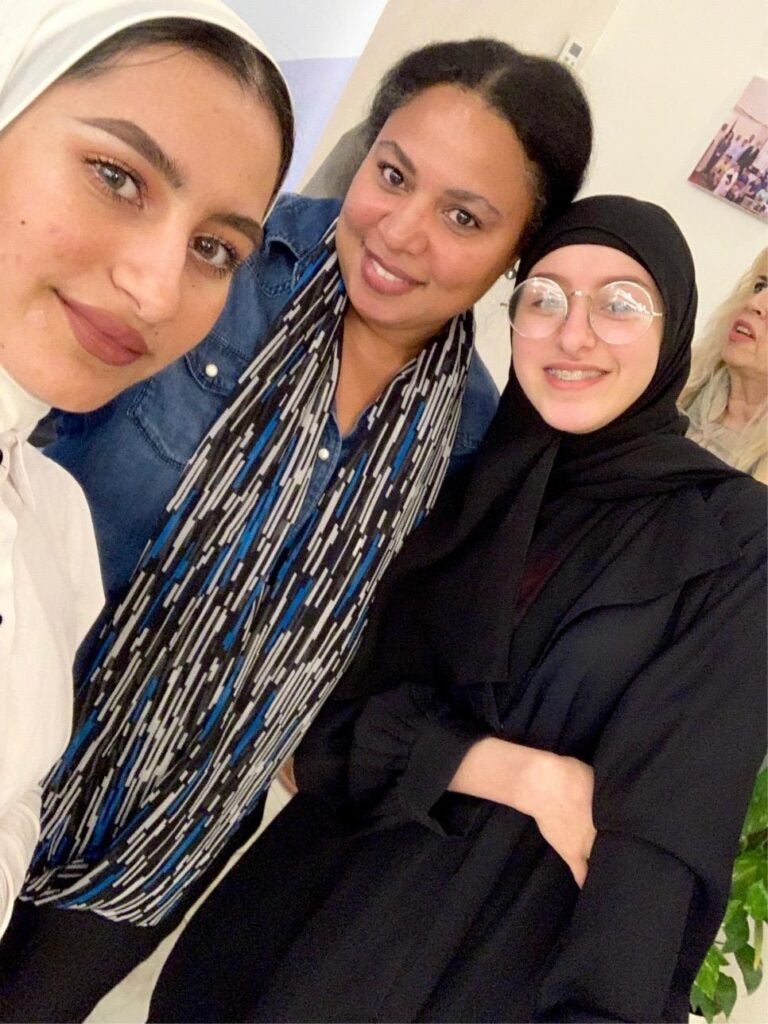
Her time as a Specialist prompted her to share the following piece of advice: “I would encourage educators who are passionate about their work to apply for assignments. You never know where your skills and talents are most needed.” Cooper feels that the resonances of this project are lifelong for all parties involved. As she states, what “has impacted me the most is how I view English language curriculum and expected outcomes for students. I tend to look for more relevance, authentic assessments, and learner autonomy. My experience in Kuwait has allowed me to be more of an advocate for students learning English as part of diverse communities that I hadn’t imagined being a part of before.”
Dr. Ayanna Cooper, EdD, is a consultant, author, keynote speaker, and advocate for culturally and linguistically diverse learners. As owner of A. Cooper Consulting, she provides technical assistance to state departments of education and other clients with the goal of improving outcomes for students. She emphasizes the importance of building capacity to develop and sustain English language programming, to use English language proficiency data, and to improve instructional practices. She is currently serving on the Board of Directors for TESOL International Association.

